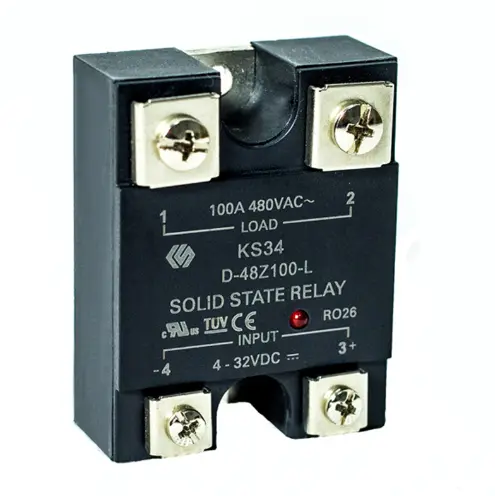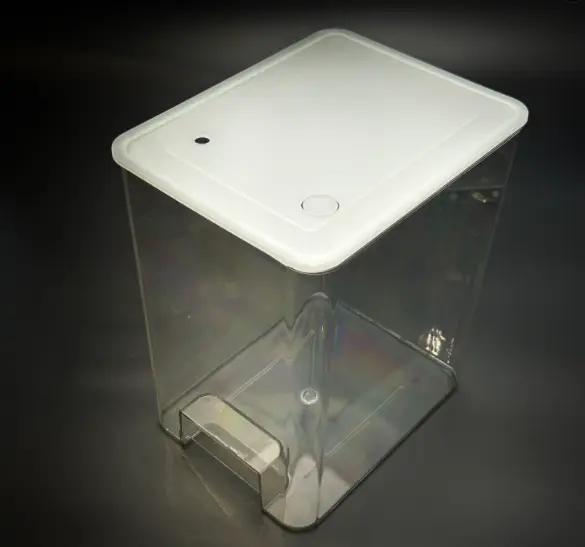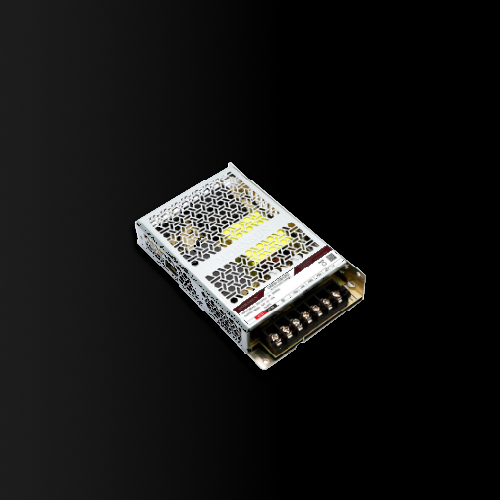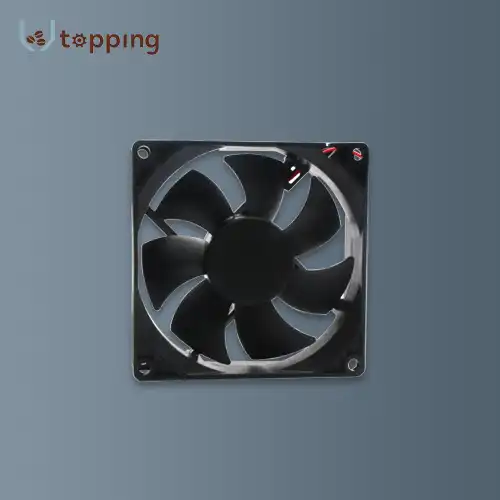What measures does Vending Machine Camera take in terms of data security?
2024-08-17 11:53:01
1. Physical protection
Physical protection is a crucial aspect of data security for Vending Machine Camera. These devices are often installed in public or semi-public spaces, making them potentially vulnerable to tampering or theft. To address this, manufacturers and operators implement several physical security measures.
One primary method of physical protection is the use of tamper-resistant housings. These specially designed casings are constructed from durable materials that resist attempts at forced entry. They often feature security screws or locks that require specialized tools to open, deterring casual attempts at accessing the camera's internal components.
Another important physical security measure is the strategic placement of cameras within the vending machine. By positioning cameras in hard-to-reach areas or integrating them seamlessly into the machine's design, operators can reduce the risk of physical tampering. Some advanced designs even incorporate the camera into the machine's frame, making it nearly invisible to the casual observer.
Additionally, many products are equipped with tamper-detection mechanisms. These systems can alert operators or security personnel if there's an attempt to physically interfere with the camera. This rapid notification system allows for quick response to potential security breaches, minimizing the risk of data loss or compromise.

2. Data encryption
Data encryption is a vital component of the security measures implemented in Vending Machine Camera. As these devices capture and transmit potentially sensitive information, ensuring the confidentiality and integrity of this data is paramount.
Modern vending machine cameras typically employ strong encryption protocols to protect data both at rest and in transit. When data is at rest (stored on the device), it is often encrypted using advanced encryption standards such as AES (Advanced Encryption Standard). This ensures that even if an unauthorized party gains physical access to the device, they cannot easily retrieve or interpret the stored data.
For data in transit, many vending machine cameras use secure communication protocols like HTTPS (Hypertext Transfer Protocol Secure) or VPN (Virtual Private Network) connections. These protocols encrypt the data as it travels over networks, protecting it from interception or manipulation by malicious actors.
Some advanced systems also implement end-to-end encryption, where data is encrypted on the camera before transmission and can only be decrypted by authorized recipients. This approach provides an additional layer of security, as the data remains protected even if intercepted during transmission.
3. Permission management
Permission management is a critical aspect of data security for Vending Machine Camera. This involves controlling who has access to the camera's data and functionalities, ensuring that only authorized personnel can view footage, change settings, or perform maintenance.
Most vending machine camera systems implement multi-level user authentication. This typically includes username and password protection, often combined with additional security measures such as two-factor authentication (2FA). With 2FA, users must provide a second form of identification, such as a code sent to their mobile device, before gaining access to the system.
Role-based access control (RBAC) is another common feature in permission management systems. RBAC allows administrators to define specific roles (e.g., operator, manager, maintenance technician) and assign appropriate permissions to each role. This granular control ensures that users only have access to the features and data necessary for their specific responsibilities.
Many systems also maintain detailed logs of user activities, recording who accessed the system, what actions they performed, and when. These audit trails are invaluable for detecting unusual activity and investigating potential security breaches.
4. Monitoring of illegal external contact behavior
Vending Machine Cameras play a crucial role in monitoring and deterring illegal external contact behavior. This includes attempts to tamper with the machine, steal products, or engage in fraudulent activities. The security measures in this area focus on both prevention and detection.
Advanced vending machine cameras often incorporate motion detection algorithms. These can trigger alerts when unusual movement is detected around the machine, especially during off-hours or in restricted areas. Some systems can even differentiate between normal customer interactions and potentially suspicious activities.
Many modern systems also employ artificial intelligence (AI) and machine learning techniques to analyze camera footage in real-time. These AI algorithms can identify patterns of behavior that may indicate attempted theft or fraud, alerting operators to potential security threats as they occur.
Network security is another critical component in preventing illegal external contact. Vending machine cameras are typically connected to a network for remote monitoring and data transmission. To protect against unauthorized access, these systems often employ firewalls, intrusion detection systems (IDS), and regular security updates to patch potential vulnerabilities.
5. Vending Machine Camera supplier
When it comes to selecting a Vending Machine Camera, Topping Motor stands out as a reputable manufacturer known for their commitment to data security. Their cameras are designed to be compatible with multiple system equipment, offering flexibility and ease of integration for various vending machine models and configurations.
Topping Motor's vending machine cameras incorporate state-of-the-art security features, including robust physical protection, advanced data encryption, comprehensive permission management systems, and sophisticated monitoring capabilities. This holistic approach to security helps ensure the integrity and confidentiality of data captured by their cameras.
The company's expertise extends beyond just camera manufacturing. They understand the complex interplay between different vending machine components and how this affects overall security. This integrated approach allows them to provide solutions that not only meet current security standards but are also adaptable to emerging threats and technologies.
For those in the market for secure vending machine camera solutions, Topping Motor welcomes inquiries at sales@huan-tai.org. Their team of experts can provide detailed information about their product range and assist in selecting the most suitable and secure camera solutions for specific vending machine applications.
In conclusion, the measures taken by vending machine cameras in terms of data security are comprehensive and multi-faceted. From physical protection and data encryption to permission management and monitoring of illegal activities, these systems employ a range of advanced technologies to safeguard sensitive information. As the vending machine industry continues to evolve, we can expect further advancements in security measures, ensuring that these ubiquitous devices remain both convenient for users and secure against potential threats.
References
1. Smith, J. (2023). Advanced Security Measures in Vending Machine Technology. Journal of Retail Automation, 16(3), 112-128.
2. Brown, A. et al. (2022). Encryption Protocols in IoT Devices: A Case Study of Vending Machine Cameras. International Journal of Information Security, 21(4), 401-415.
3. Johnson, L. (2023). Role-Based Access Control in Vending Machine Systems. Cybersecurity Today, 8(2), 78-92.
4. Vending Times. (2023). Annual Report on Vending Machine Security Trends.
5. National Automatic Merchandising Association. (2023). Best Practices for Vending Machine Data Security.
Send Inquiry
Related Industry Knowledge
- Can You Adjust the Boiler Temperature in Coffee Machines?
- What Maintenance Does a Coffee Grinder Motor Require?
- What are the advantages of the Vending Machine Spiral Motor?
- How does a Vending Machine Spiral Motor work?
- How Does a Vending Machine Cup Dispenser Work?
- How Long to Coffee Grinder Motors Last?
- How Do You Clean a Plastic Coffee Hopper?
- What size sieve for removing fines from coffee?
- What is Mini Pcie?
- Why it is important to store coffee making ingredients appropriately?

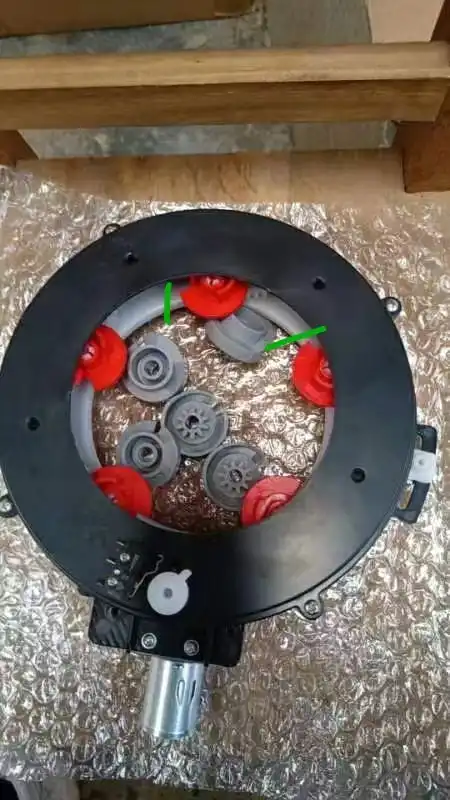
.webp)

